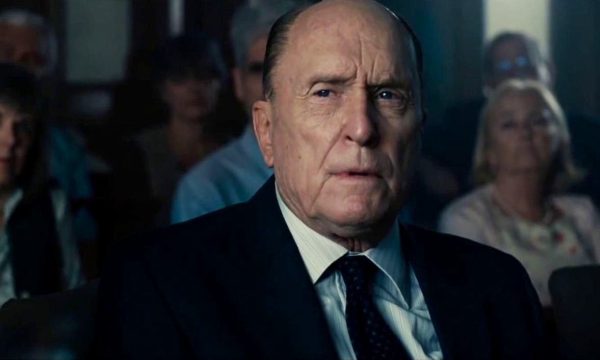Debt is a reality for many—whether it’s from credit cards, auto loans, or student debt. But left unchecked, it can lead to mounting interest, credit damage, and long-term stress. Fortunately, managing debt doesn’t have to mean sacrificing your lifestyle. Here are seven practical strategies—often overlooked—that can ease the burden and help you regain control of your finances.
1. Automate Minimum Payments
Set up automatic payments for at least the minimum due on all credit accounts. This avoids late fees and protects your credit score. Then, manually pay extra toward the principal to speed up repayment and reduce interest.
2. Use the Debt Avalanche (with a Twist)
Target high-interest debts first to minimize long-term costs. But occasionally paying off a smaller balance can give you a motivational boost. This hybrid method keeps you focused and encouraged.
3. Audit Your Monthly Statements
Don’t blindly pay bills. Review credit card, subscription, and utility statements for errors, hidden fees, or rate hikes. Dispute anything that seems off—small overcharges add up quickly.
4. Put Windfalls to Work
Use tax refunds, bonuses, or cash gifts to pay down debt. Even a few hundred dollars can reduce interest and shorten your repayment timeline. Skip the splurge; opt for financial progress.
5. Negotiate Your Interest Rates
A quick call to your lender could mean a lower rate, especially if your payment history is strong or your credit score has improved. A few percentage points could save you hundreds.
6. Split Payments Mid-Month
Making two smaller payments instead of one monthly lump sum reduces your average daily balance—and your interest. It also smooths out cash flow and makes budgeting easier.
7. Track Emotional Spending
Identify the triggers—stress, boredom, excitement—that lead to impulsive buys. Recognizing emotional spending helps you make intentional choices and avoid unnecessary debt.
Managing debt isn’t about being perfect—it’s about being proactive. These simple steps can make a real difference in your financial health. Start with one or two changes and build from there. Your future self will thank you.
Courtesy of Karl Brown, Chief Information Officer, TheCardsGuy.com














